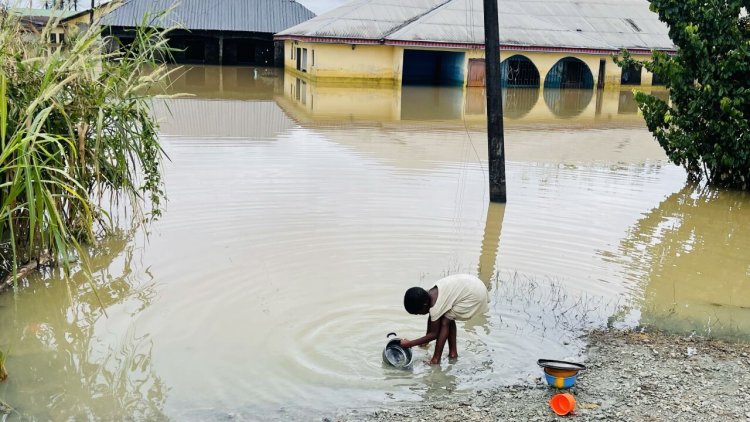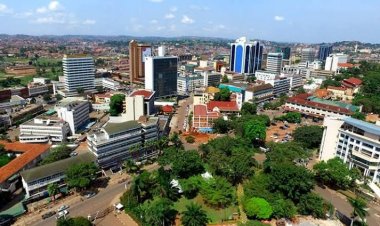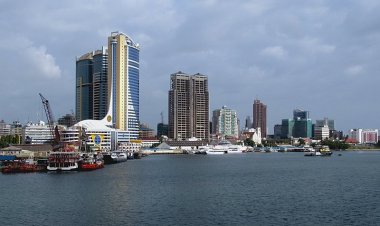4 Ways Cities Can Manage Rainwater to Avoid Floods
Harvesting rainwater in African cities presents a viable solution to mitigate the impact of floods caused by excessive rainfall.

African cities often face the challenge of managing excessive rainfall, which can lead to devastating floods. These floods not only cause significant damage to infrastructure and property but also pose risks to human lives. However, by implementing effective rainwater harvesting techniques, African cities can turn this challenge into an opportunity to mitigate flooding and promote sustainable water management. Various strategies that African cities can adopt to harvest rainwater and reduce the impact of floods include:
1. Rooftop Rainwater Harvesting
One of the most accessible and cost-effective methods of rainwater harvesting is through rooftop collection systems. By installing gutters, downspouts, and storage tanks, African cities can capture rainwater from rooftops and direct it toward storage facilities. This harvested water can then be used for non-potable purposes such as irrigation, toilet flushing, and industrial processes. Implementing rooftop rainwater harvesting systems on a large scale can significantly reduce the volume of rainwater runoff, thereby minimizing the risk of flooding.
2. Permeable Pavement and Green Infrastructure
African cities can also adopt permeable pavement and green infrastructure techniques to manage rainwater effectively. Permeable pavements allow rainwater to infiltrate the ground rather than accumulate on the surface. This reduces runoff and helps replenish groundwater reserves. Additionally, incorporating green infrastructure elements such as rain gardens, bioswales, and green roofs can enhance water absorption and retention, further reducing the risk of flooding. These nature-based solutions not only mitigate floods but also enhance urban aesthetics and promote biodiversity.
3. Constructing Detention and Retention Basins
To manage excessive rainfall, African cities can construct detention and retention basins strategically. Detention basins temporarily store rainwater during heavy rainfall events and gradually release it into the drainage system, preventing sudden surges of water that can lead to flooding. Retention basins, on the other hand, permanently store rainwater, allowing it to infiltrate the ground slowly. These basins can be integrated into urban parks, recreational areas, or green spaces, providing multiple benefits to the community while reducing flood risks.
4. Public Awareness and Education
Promoting public awareness and education about rainwater harvesting and flood mitigation is crucial for the success of these initiatives. African cities can conduct awareness campaigns, workshops, and training programs to educate citizens about the importance of rainwater harvesting and its positive impact on flood reduction. By encouraging individuals, businesses, and communities to actively participate in rainwater harvesting practices, cities can create a collective effort toward sustainable water management and flood mitigation.
Harvesting rainwater in African cities presents a viable solution to mitigate the impact of floods caused by excessive rainfall. By implementing strategies such as rooftop rainwater harvesting, permeable pavement, green infrastructure, and constructing detention and retention basins, cities can effectively manage rainwater and reduce the risk of flooding. Additionally, public awareness and education play a crucial role in fostering a culture of sustainable water management. By embracing these approaches, African cities can transform the challenge of excessive rainfall into an opportunity for sustainable development and resilience in the face of climate change.
If you have a real estate press release or any other information that you would like featured on the African Real Estate Blog Post, do reach out to us via email at [email protected]

 AREBP
AREBP 































